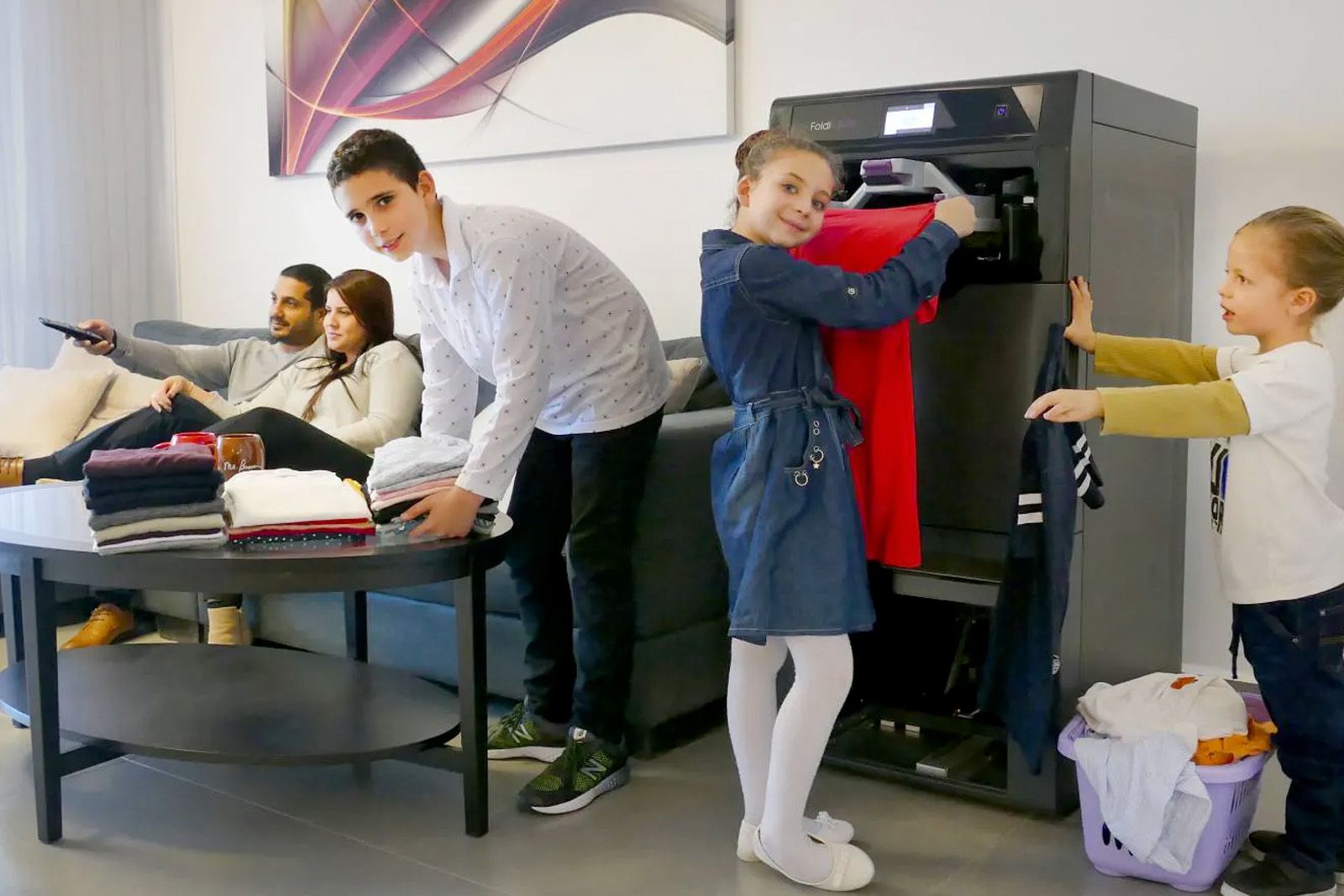Every year in January, the biggest names in consumer technology gather in Las Vegas to flaunt their wares, showcase the most desirable devices in their arsenal, and set the trends for the coming year.
Many will tell you that the theme is AI, or voice control, or 8K, but really, it's none of these things - it's interoperability.
That's a big word that means that things work nicely together, but let's throw it over to Gabriella Montez instead:
Everyone is special in their own way,
We make each other strong,
We're not the same,
We're different in a good way,
Together's where we belong!
Go Wildcats and go Apple
While Apple plopped a huge sign on the side of a hotel extolling the virtues of privacy - and Qualcomm nose-thumbed about 5G availability - what Apple actually did was reach out and take Samsung and others by the hand. The announcement that you'll be able to get access to iTunes content on Samsung TVs is a huge step for the company.
Support for HomeKit is coming to a number of TVs, as well as AirPlay 2 support rolling out to a number of models from LG, Samsung, Sony and Visio. This is a huge change for Apple on televisions, as Apple TV will no longer be the only way to get content on the big screen.
Now the cynic might say that Apple is laying the groundwork to launch a Netflix-rivalling service in 2019 and all the ducks are now in a row, but it's more than that. It carries with it the feeling that Apple has accepted that its "hobby" can be so much bigger if it makes a few friends.
And this is one of the biggest topics of discussion around CES 2019.
Getcha' head in the game
Forgive the naval parlance, but there was a slight feeling of inevitability about the announcement of an Alexa-compatible toilet. The Kohler Numi 2.0 Intelligent Toilet will let you talk to Alexa, has built-in speakers and ambient lighting, a heated seat and more. It's the tech toilet of the future.
Nothing says interoperability like Amazon's Alexa and barely a product has been launched that doesn't support Alexa or arch rivals the East High Knights Google Assistant. From flagship TVs to every imaginable type of speaker - soundbars to headphones - if you haven't got with Alexa, you're not in the game.
This has been happening for a couple of years. It started as the "Internet of Things" - a confusing and abstract concept - that has now manifested itself in the growing universe of devices that play nice with others - works with Alexa or works with Google Assistant.
So we're breaking free
This is where interoperability really matters, because tech can no longer afford to live in a bubble: no one wants siloed products. Well, no one except Captain America.
Putting Cap to one side we return to point. The growing strength of Alexa and Google Assistant is changing the face of consumer technology, it's opening the door for smaller companies who want to play their part in a bigger system. You're no longer limited to one brand to get things to play nice, old platform and brand constraints are crumbling, setting our technology free. Even Apple HomeKit is now catching up.
That might mean Apple talking to Samsung, it might be Arlo setting itself up as a platform to control others - or just rolling over an allowing HomeKit control - or it might be Here maps working with Alexa in the car. It could be LG, Samsung, Sony offering Google Assistant and Alexa, it might be Razor Chroma working with Alexa.
Teaming up makes all these things better, moving us from a point where individual pieces of technology become greater than the sum of their parts. So while we'll see plenty of tech rivalry continue through the year and plenty of great individual products, we'll be able look back and say that we've arrived because we stuck together, champions one and all.
(Oh, and that lead image is Foldimate. It might not be the best expression of togetherness - Mum and Dad on the sofa while the kids load the domestic help robot - but at least they're smiling through the Dickensian nightmare in which they're trapped.)

